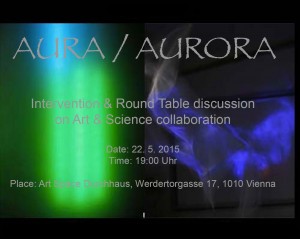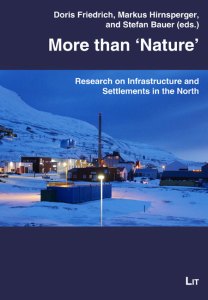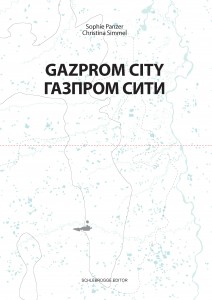AURA/AURORA Intervention & Round Table discussion on Art & Science collaboration
22.05.2015, 19h
 Durchhaus Art Space, Werdertorgasse 17, 1010 Vienna
Durchhaus Art Space, Werdertorgasse 17, 1010 Vienna
A Polar evening with a panel discussion on the magnificent Aurora Borealis in science & art and a review of Canada’s Arctic Council chairmanship 2013-2015. Hosted by A.A.S., the Canadian Embassy and other Arctic related partners.
Detailled invitation: Aurora Event 22052015_invitation [pdf]
The breath-taking Polar lights – Aurora – fascinate, scare and raise questions about the unknown. Therefore, they are matters of inquires in natural sciences as well as in the humanities and social sciences. At the same time they inspire societies in creating collective myths, stories and agency. Not least, they inspire artists to reflect, interpret and intervene with this spectacle. This event unravels and contests perceptions of the Aurora phenomena among artists and scientists.
Aura/Aurora (Bettina Schülke [AT/FI)] and Nina Czegledy [CAN/HU])
This is the most recent phase of the ongoing art & science project presenting an interactive interpretation of the Polar Lights – Aurora Borealis and Australis, the magnificent and dynamic spectacle that has retained a near-mythical status in circumpolar cultures over millennia. The dazzling geo-physical phenomenon, typically observed in the Circumpolar Regions is not only a brilliant spectacle but it also makes visible the invisible world of electromagnetic activities.
Art & Science
The collaboration between art & science has the potential to create new knowledge, ideas and processes. New ways of seeing, experiencing and interpreting can lead to benefits in both fields. This round-table discussion aims to explore trans-disciplinary collaborations within the creative process of art, science and technology in the context of the Polar Lights.
Programme
Dr. Gerti Saxinger (Department for Social and Cultural Anthropology & Austrian Polar Research Institute APRI),
Doris Kaltenbacher (Durchhaus Art Space):
Introduction by the hosts Mark Bailey, Ambassador of Canada to Austria: “The Arctic, its economic and social development: Looking back on Canada’s achievements for the People of the North during its Arctic Council chairmanship 2013-2015”
Canadian Arctic images
Panel Discussion: Aura/Aurora – a science and arts perspective
Food and Wine Reception
Registration (organisational reasons only):
Gertrude.eilmsteiner-saxinger@univie.ac.at
Discussants
Bettina Schülke, Artist, PhD Cand., University of Lapland, Faculty of Art and Design
Nina Czegledy, Artist, Curator, Senior Fellow University of Toronto, Concordia University Montreal, Hungarian University of Fine Arts.
Dr. Stefan Donecker, Austrian Academy of Sciences, Institute for Medieval Research.
Dr. Margarete Jahrmann, Artist, Curator, Dozentin for Game-Design, ZHdK Zürich, University of Fine Arts Vienna.
Dr. Werner Gruber, Lecturer, Institute for Experimental Physics, University of Vienna and Director of the Planetarium Vienna, Science Busters.
Chair: Dr. Verena Traeger, Curator, Institute for Social- and Cultural Anthropology, University of Vienna & Spokesperson of the “Working Group Circumpolar Regions and Siberia” at the German Association of Anthropologists
Collaborating partners
Embassy of Canada in Austria
Department for Social and Cultural Anthropology, Uni Vienna
ZKS: Centre for Canadian Studies, Uni Vienna
Durchhaus Art Space
APRI: Austrian Polar Research Institute
AAS: Working Group Arctic and Subarctic
Working Group for Circumpolar & Siberian Regions at German Association of Anthropologists (DGV)





 Durchhaus Art Space, Werdertorgasse 17, 1010 Vienna
Durchhaus Art Space, Werdertorgasse 17, 1010 Vienna